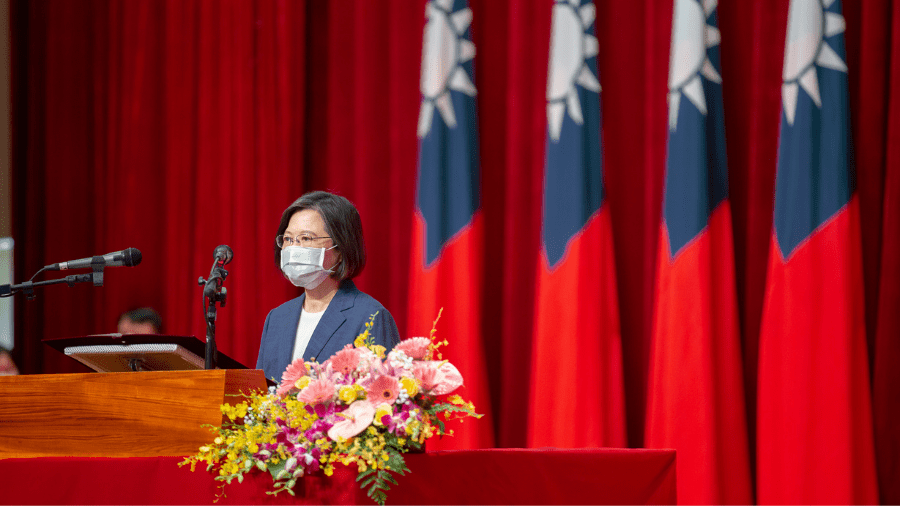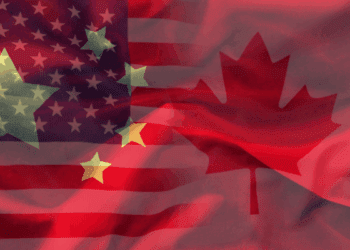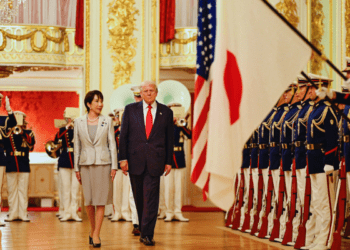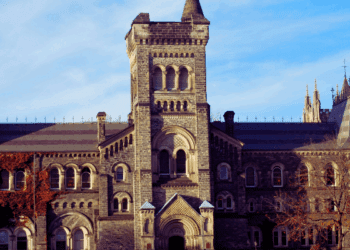This article originally appeared in the National Post.
By Jeff Kucharski, September 7, 2022
News that a Canadian parliamentary delegation could soon be visiting Taiwan, following a two-year absence, was welcome in Taiwan.
Recently, I was part of an official delegation to Taiwan consisting of members of U.S. and Canadian think tanks, academia and senior political advisors. This is the first program the Taiwanese government has sponsored in over two years due to the pandemic. The visit includes meetings with senior Taiwanese government officials, ministries and institutes. So far, we have heard several expressions of appreciation for Canada’s continued support of Taiwan, as well as some clear requests to do more.
It is clear from our visit that Taiwan has developed a vibrant and progressive liberal democracy, one that has been hard won through much effort and sacrifice, in spite of the pressures arrayed against it. Of course, the current environment in Taiwan is tense, given China’s recent military drills and wargames in and around the country in the wake of Nancy Pelosi’s visit and that of a U.S. congressional delegation that visited during our own visit. The government of Taiwan is clearly scrambling to enlist international support from other liberal democracies as China continues, in the words of a senior official, “to infiltrate Taiwan, engage in psychological warfare and apply economic coercion designed to wear down the Taiwanese people.”
Members of our delegation heard from Deputy Minister, Mainland Affairs Council, Dr. Chiu Chui-cheng last Wednesday who commented on the situation regarding China’s pressure tactics. He noted that Taiwan has a consistent position on maintaining the status-quo in the Taiwan Strait and preserving human rights, the rule of law, universal values and peace and stability. He also said that China is now undermining the status quo, especially with its aggressive military activities which are now constantly underway around Taiwan.
In their remarks to us, Taiwanese officials strongly requested support from other democratic nations in resisting these threats from China. Dr. Chiu noted Taiwan’s appreciation for Canada’s support but he pointed out that “democratic nations need to work more closely together in working to strengthen democracy. The Canadian government has been too conservative regarding strengthening democratic values in this region.”
Dr. Chiu also stated that in 2019, he tried to visit Canada but his admission was “rejected.” Even now, as part of an upcoming visit to the U.S. and Canada, he feels the Canadian government seems “reluctant” to support Taiwan clearly and openly.
Canada has been very open and explicit in its statements about upholding the rule of law, gender equality, and other democratic values in various international fora. Yet, in the case of Taiwan when it comes to actually taking concrete actions to back up this rhetoric Canada has often been seen as weak. The fear of offending China or possibly suffering economic sanctions from that country seems to paralyze our policymakers just when we need to stand up for the values we say we believe in.
The proposed Canadian parliamentary visit to Taiwan that is garnering much media attention is the very least Canada should be doing to demonstrate support for Taiwan.
Canada needs to clearly and forcefully call out China’s actions and follow this up with effective policies to help defend Taiwanese democracy and promote peace and security in the Taiwan Strait.
The recent G7 communique, the presence in the region of two Canadian frigates and discussions concerning a foreign investment protection agreement with Taiwan are certainly a good start. However, Canada urgently needs a robust and principled Indo-Pacific strategy that includes more high-level diplomatic engagement, increased security cooperation, improved resource export capacity to the region, and more. Articulating Canada’s long-delayed Indo-Pacific strategy is necessary for Canada to be a serious player in this crucial region.
Canada must also be willing to clearly and openly embrace the vision of a free and open Indo-Pacific in concert with allies like Japan, Australia, and the United States if it hopes to be taken seriously.
Taiwanese officials are increasingly pessimistic that their application to join the Trans-Pacific Partnership trade agreement will be rejected due to wariness among some Southeast Asian countries that support for Taiwan’s bid would anger China, their largest trading partner. Nonetheless, Taiwan is strongly requesting Canada’s support for its bid. Canada should continue to support Taiwan’s inclusion to the agreement so as to strengthen Taiwan’s ability to ally itself with friendly nations and partners through enhanced trade and investment.
Ultimately, Taiwan shares Canada’s commitment to liberal democracy, the rule of law, climate change, free trade, and fundamental human rights. Taiwan is clearly under threat and Canada should indeed be doing more to support Taiwan at this very critical time. This should include visits by parliamentarians, backed up by substantive expressions of support and appropriate policies. If Canada really believes in the importance of these shared values, then it behooves us to say so clearly and forcefully.
Jeff Kucharski is a senior fellow at the Macdonald-Laurier Institute and adjunct professor at Royal Roads University.






